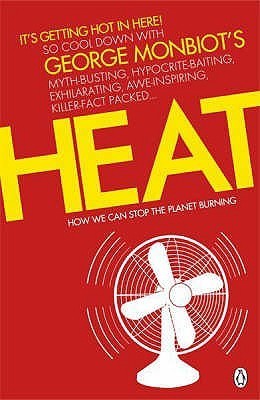What do you think?
Rate this book


320 pages, Paperback
First published January 1, 2006
"But the thought that worries me most is this. As people in the rich countries--even the professional classes--begin to wake up to what the science is saying, climate-change denial will look as stupid as Holocaust denial, or the insistence that AIDS can be cured with beetroot. But our response will be to demand that the government acts, while hoping it doesn't. We will wish our governments to pretend to act. We get the moral satisfaction of saying what we know to be right, without the discomfort of doing it."
“I have one purpose in writing this book: to persuade you that climate change is worth fighting. I hope I have been able to demonstrate that it is not - as some people...have claimed - too late. In doing so, I hope to prompt you not to lament our governments’ failures to introduce the measures required to tackle it, but to force them to reverse their policies, by joining what must become the world's most powerful political movement.
Failing all that, I have one last hope: that I might make people so depressed about the state of the planet that they stay in bed all day, thereby reducing their consumption of fossil fuels.”